News Archive
Giving
-
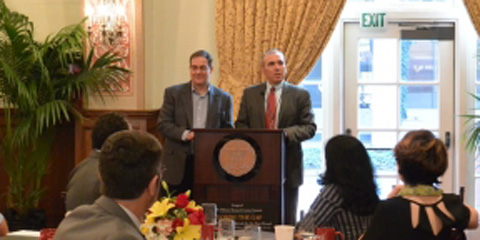
The nation’s nearly 22 million veterans and their families are confronted with difficult and enduring challenges.
Returning veterans face high unemployment rates, and homelessness is a national concern. Some veterans are coming home with severe physical injuries. Aging veterans must grapple with the further complications of injuries incurred during combat decades ago. Many have untreated mental health concerns. About 22 veterans a day die by suicide. These issues can strain relationships and stress caretakers. Military children are more vulnerable to suicide and depression.
-
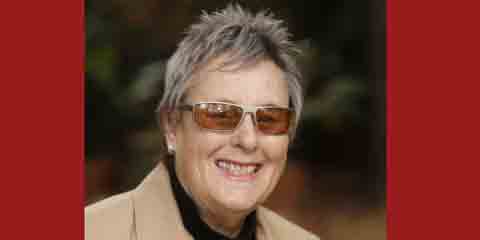
Suzanne Dworak-Peck, MSW ’67, a renowned social work practitioner, has been appointed the newest member of the USC School of Social Work Board of Councilors. As part of the advisory board, she will work alongside other professional, academic and community leaders toward the advancement of the school’s mission.
-
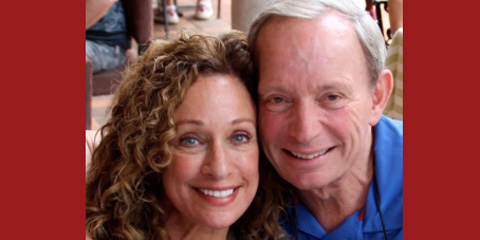
As a child, Chuck Spielman would listen to his father’s friends tell stories of their experiences in World War II, enthralled by the men’s tales of everything from traveling through Europe to living on the frontlines.
“I was fascinated by the age of 5,” he said. “The stories of men and women who would leave civilian life willingly and fight for their countries fascinated me.”
-
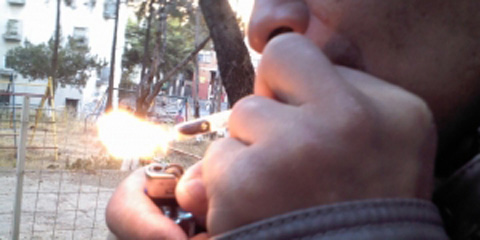
Disturbed by new evidence that crack cocaine use may be reaching epidemic levels in Mexico City, researchers from the University of Southern California are testing a new strategy to fight back.
Led by Assistant Professor Alice Cepeda from the USC School of Social Work, the team will implement projection mapping, an emerging technology that projects two-dimensional images and animated text onto buildings and other large surfaces, to deliver health messages to hard-to-reach individuals who use crack.
-
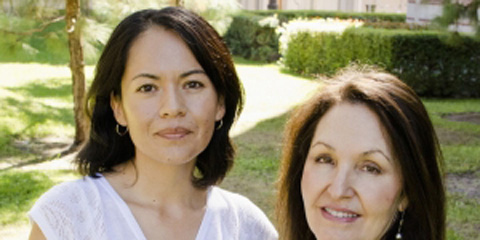
Reviewing grant proposals for federal agencies has proven to be a boon to researchers at the USC School of Social Work. A perfect example is Suzanne Wenzel, a professor and current chair of the school’s Research Council. Since 2001, she has served as a reviewer for the National Institutes of Health (NIH) on multiple occasions. She recently accepted an invitation to join a four-year review panel tasked with examining proposals related to the multiple personal, social and community factors that influence HIV risk and preventive behaviors.
-
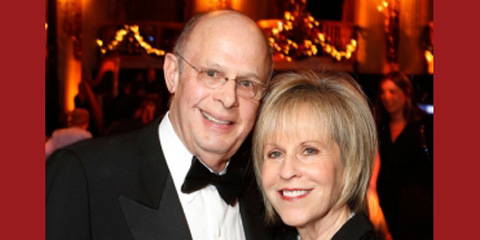
Pamela and Mark Mischel have been involved with the USC School of Social Work for over a decade—first as proud parents and now as one of the school’s first supporters of the Yellow Ribbon Scholarship Fund.
“Even though we don’t have any direct experience with the military, these issues are very near and dear to our hearts,” said Pamela, who also sits on the school’s Board of Councilors.
“These young men and women have given so much, and we want to do our small part to be able to help,” Mark said.
-
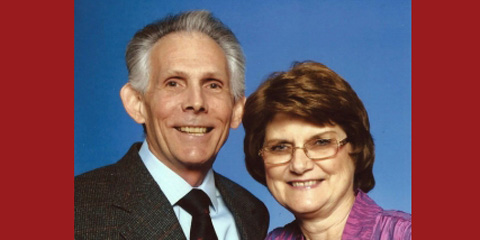
As a young man in the 1960s, Dwight Tate, MSW ’77, saw the devastating effects of the Vietnam War on its veterans.
“I’ve come to realize and understand that the biggest mistake we as a society made was turning our back on veterans. We had every right to condemn the war itself but not the warriors,” he said. “I don’t want us to make the same mistake again.”
-
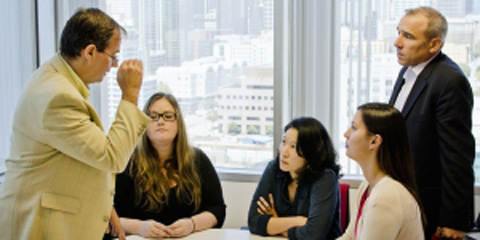
In the world of academic research, streams of funding from federal and state agencies are king.
A large grant from the National Institutes of Health can propel a young faculty member’s career forward and sustain ongoing research for years.
But as public institutions tighten their purse strings and the federal funding environment grows increasingly competitive, researchers at the USC School of Social Work have begun exploring previously overlooked forms of support, particularly from private foundations, businesses and philanthropic donors.
-
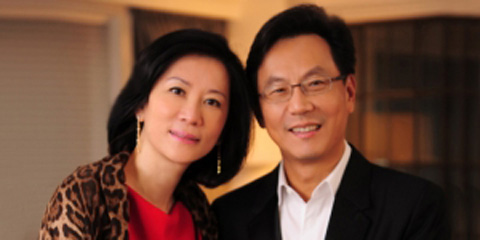
A $1.5 million donation from a couple with strong ties to USC will enable researchers at the USC School of Social Work to explore how technology can promote health among older adults in Taiwan.
-
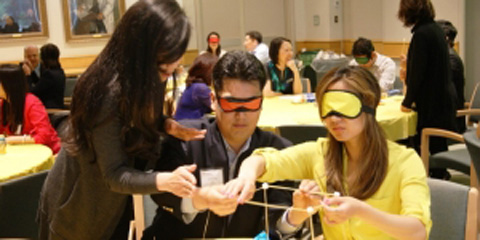
For the first time in its history, an entire class of the Network of Korean-American Leaders (NetKAL) at the USC School of Social Work has pledged donations to the organization that brings together accomplished individuals from various industries to promote collective civic and professional leadership in the Korean-American community.